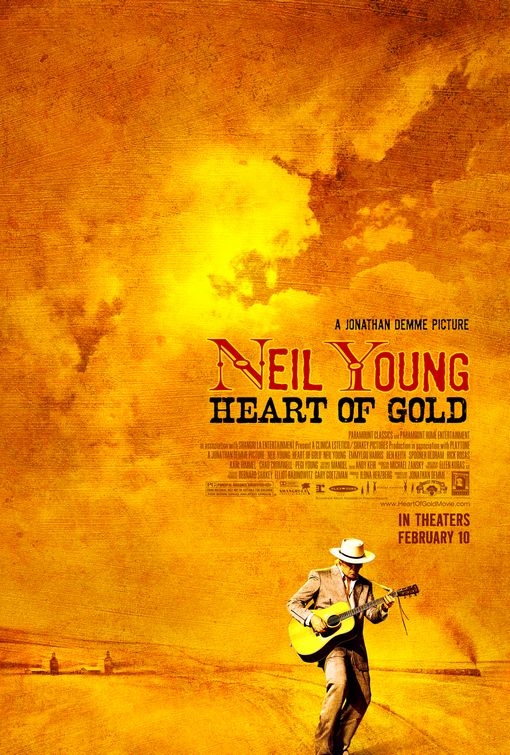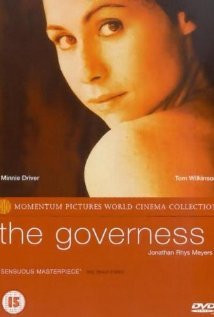“Smutty Period Piece”

| None | Light | Moderate | Heavy | |
|---|---|---|---|---|
| Language | ||||
| Violence | ||||
| Sex | ||||
| Nudity |
What You Need To Know:
THE GOVERNESS is a smutty, unexciting replica of movies taking place during Great Britain’s Victorian Age. Although it deals with interesting issues about science, the human condition, social roles, and art, it includes some graphic nudity and takes a strong pagan, feminist worldview about sexual immorality, pornography and the sexual differences between men and women. The movie does not condemn the adulterous affair in the story. Eventually, the woman learns that she doesn’t need the man to become a career woman. Thus, the ending to the movie, coupled with the movie’s subversive view of marriage and child-rearing, gives THE GOVERNESS a strong, but subtle, stench of political correctness and radical feminism, as well as an aversion to Christianity.
Content:
(PaPaPa, FeFeFe, PCPCPC, C, ACAC, L, SS, NNN, A, M) Strong pagan, feminist worldview with Christian & anti-Christian elements; no obscenities or profanities but two scenes with crude sexual language; no violence; depicted adultery & sexual touching but no graphic sex; two scenes of full male nudity, brief scenes of upper female nudity & rear male & female nudity; alcohol use; and, miscellaneous immorality.
More Detail:
Writer-director Sandra Goldbacher mines this history in a new historical drama set in the 1840s, THE GOVERNESS. The story is about a young English Jewess posing as a Protestant governess who has an affair with a married scientist trying to create a fixation process for the first photographs, so that the pictures will stick on paper without fading away.
The governess, Rosina, becomes intrigued by the scientist’s work. They first develop a professional relationship as Rosina becomes his lab assistant and, eventually, colleague. The scientist, Charles Cavendish, wants to use the photographs to make a scientific record of creativity, but Rosina is fascinated by the creative, imaginative possibilities of the new technology. She is also excited about the human possibilities. “You’ve made it possible to fix memory, to fix people who are lost forever,” she tells Cavendish.
This tale of adultery, science, culture clash, and art takes place on a remote Scottish island where Cavendish lives with his strange, disillusioned wife and his young daughter, Clementina. Rosina, played by Minnie Driver, gets the job as Clementina’s governess after she poses as a Protestant governess named Mary Blackchurch. Rosina’s father in London was murdered, leaving the family with lots of debts. Rosina sends letters and money to her family while staying on the island.
At first, Rosina’s relationship with Cavendish is professional but friendly. She is clearly attracted to the older man, however. Inevitably, she makes him do a photographic portrait of her. She tells him she will pose as if she were Queen Esther of the Bible, the Jewish maiden who did not reveal her ethnic background to her husband King Xerxes of Persia. Rosina’s beauty ignites intense passion in Cavendish. Soon, the couple are engaging in illicit sex, and Rosina is posing for nude photos. Rosina’s passion begins to smother Cavendish. He also gets very angry when Rosina secretly photographs Cavendish sleeping in the nude and gives the photo to him as a gift from his lover, stating, “You consume me.” Cavendish complains to her, “I cannot be consumed. There must be nothing more between us.”
The rejection by Cavendish makes Rosina hysterical. She has a one-night affair with his son Henry, who has been thrown out of college and who harbors a crush on her, even though he has discovered her Jewish background. After this, Henry tells Cavendish he wants to marry Rosina and reveals the truth about her background. When a scholar arrives that day from the University of Edinburgh to see Cavendish’s work, Cavendish deliberately refuses to acknowledge Rosina’s contributions. The next day, Rosina appears at the family breakfast table, with her bags packed. She hands his wife the nude photo of her husband and tells Henry, “Come and see me in London.”
In London, Rosina finds her mother has died from a cholera epidemic. She sets up a photography studio in the Jewish community, where she becomes celebrated for her work. Cavendish shows up unexpectedly one day to have his photo taken and, presumably, to take up the affair again, but the passion is gone. “I think of Scotland hardly at all now,” Rosina says in narration. “They say I have captured the beauty of my father’s people, and I am glad.”
In recent years, filmmakers have treated us with many fine, though sometimes slow and boring, movies set in Great Britain’s Victorian Age. THE GOVERNESS is a smutty replica of those movies. Although it deals with interesting issues about family, science, the human condition, male and female social roles, and art, it includes some graphic nudity and takes a strong pagan, feminist worldview about the issues of sexual immorality, pornography and the sexual differences between men and women. The movie does not condemn the adulterous affair that Rosina undertakes, nor does it condemn her desire to completely replace her lover’s wife outside the bedroom as well as in it. Eventually, Rosina learns that she doesn’t need Cavendish to become a career woman. Thus, the ending to the movie, coupled with the movie’s subversive view of Cavendish’s wife and Rosina’s indifference to her important role as governess of a small child, gives this story a strong, but subtle, stench of political correctness and radical feminism.
Director Sandra Goldbacher, who wrote the screenplay from an original idea for a diary-novel, includes some Christian symbolism in THE GOVERNESS, but it is mostly incidental to the story. There is also a hint of blasphemy in scenes where Henry pays tennis among some chapel pews and where Rosina takes down a crucifix from her room. THE GOVERNESS may also include a hint of anti-gentile bigotry also, because Goldbacher says in the movie’s production notes that “the gentile world as Rosina first sees it…is harsh and cold, bleak and disturbing.” Goldbacher thus seems to share her heroine’s aversion to gentiles as well as to Christianity.


 - Content:
- Content: 

